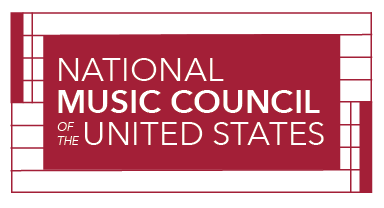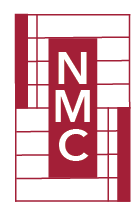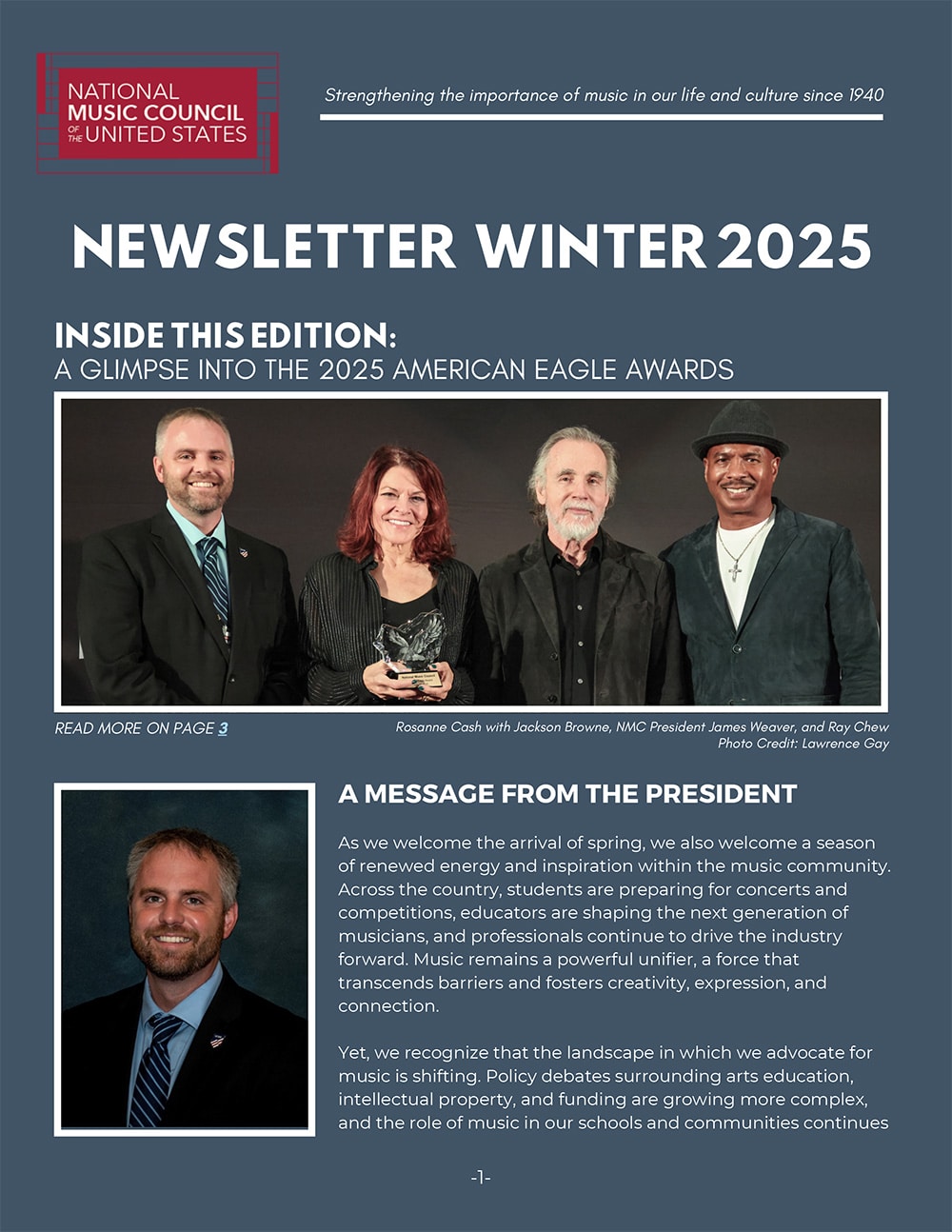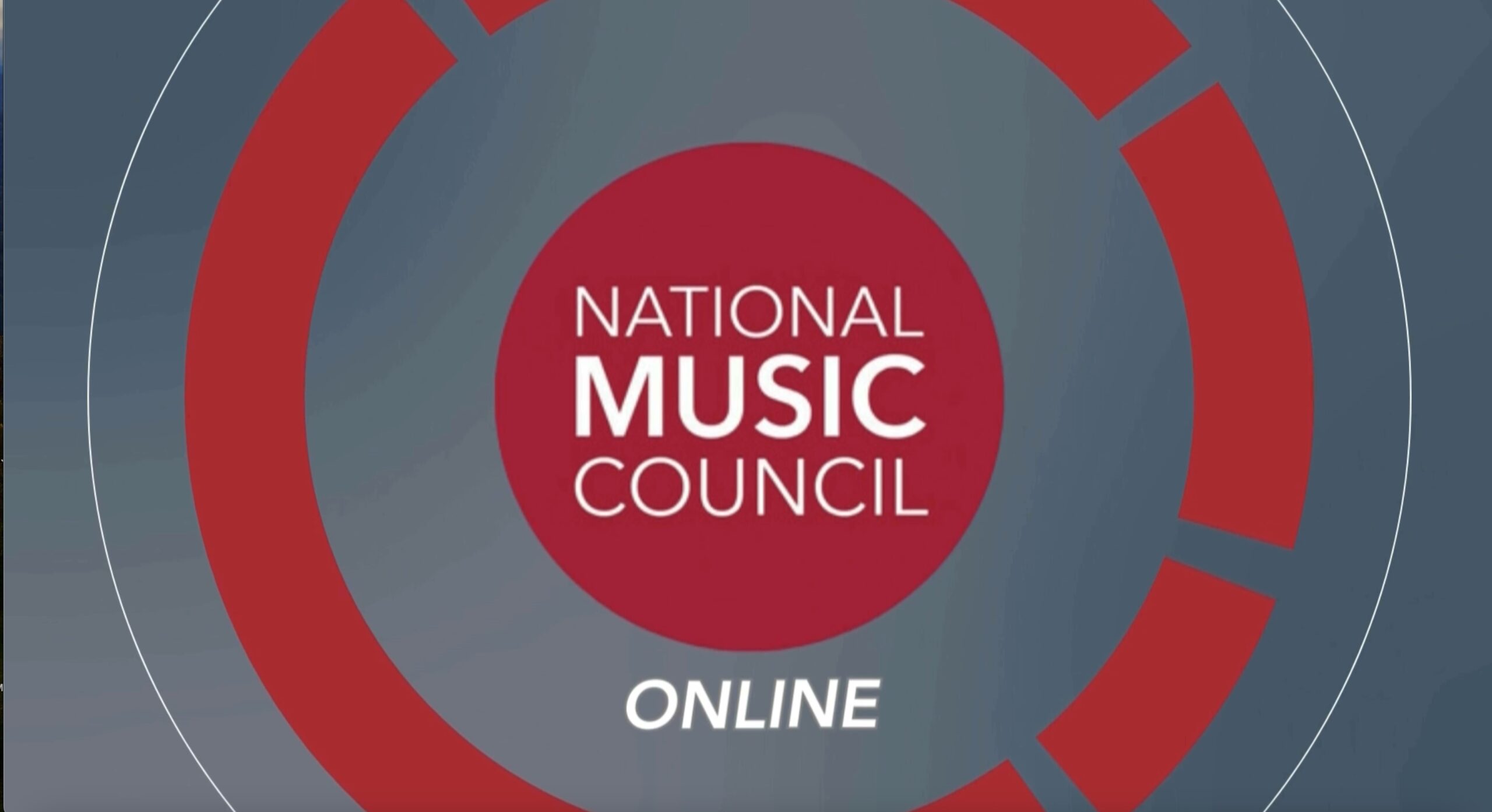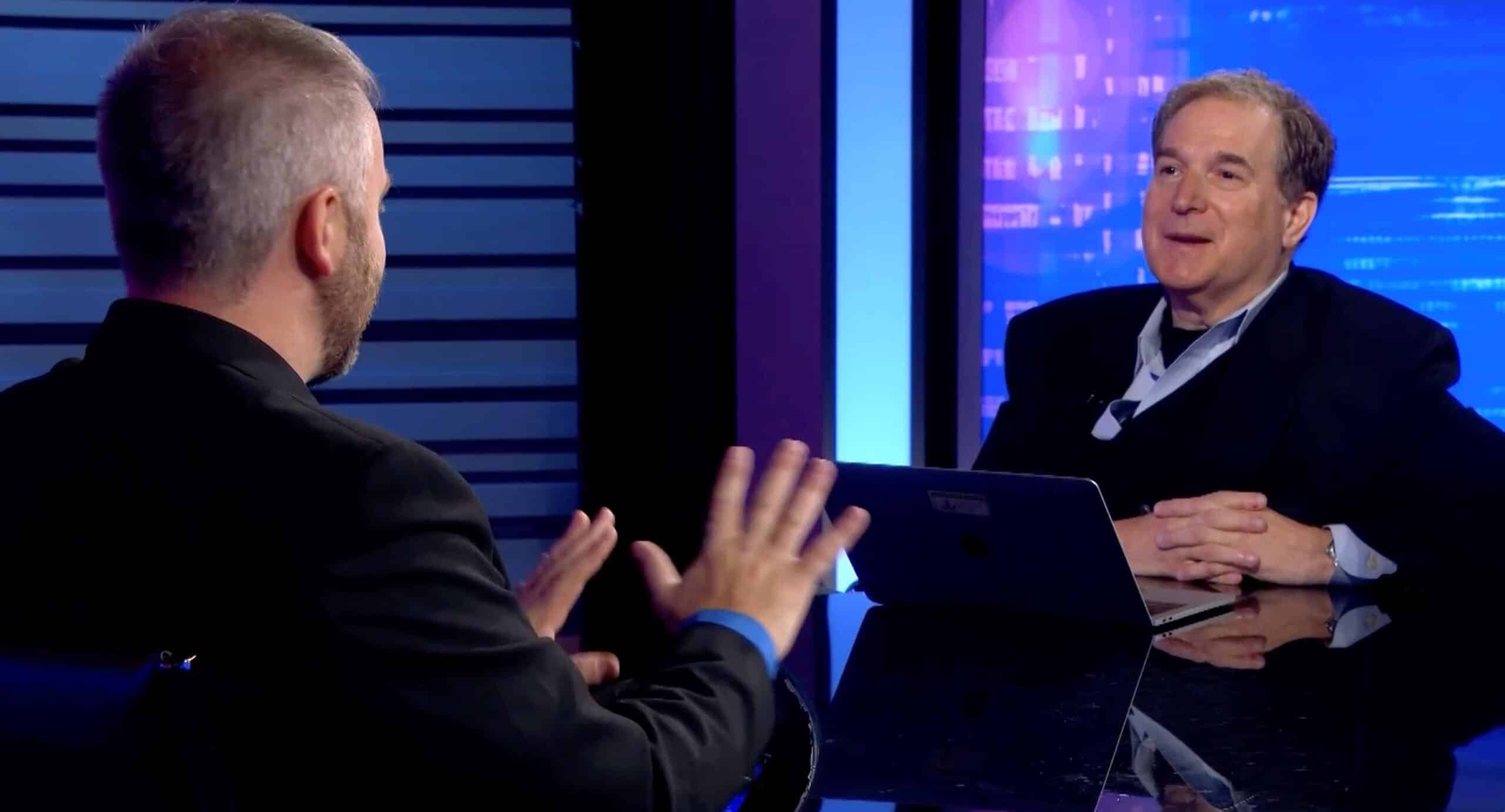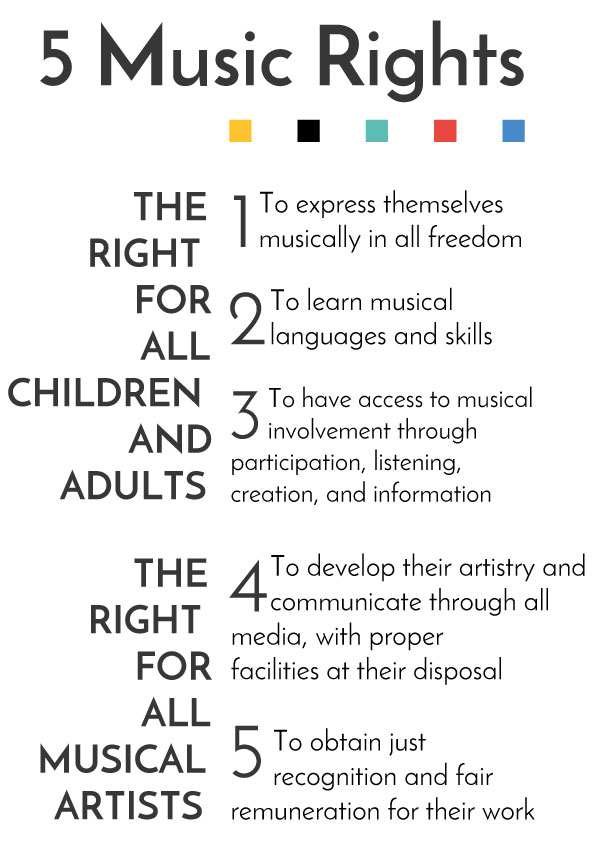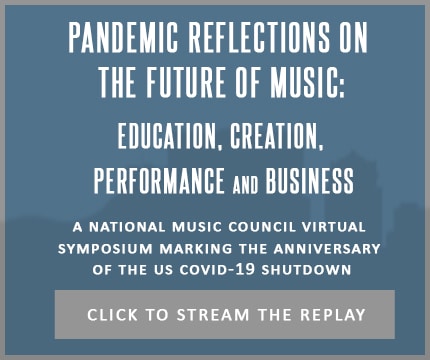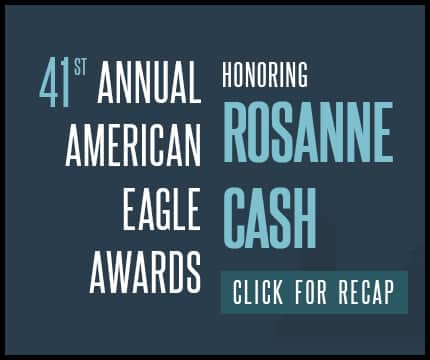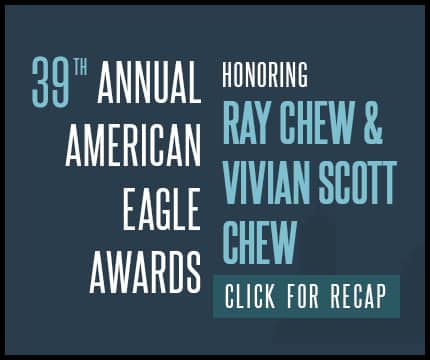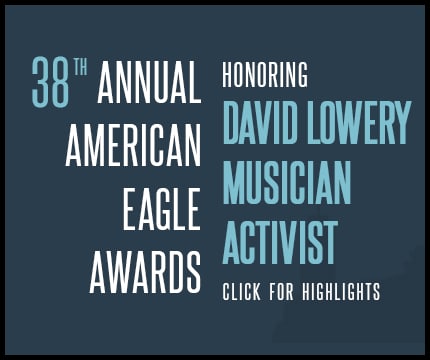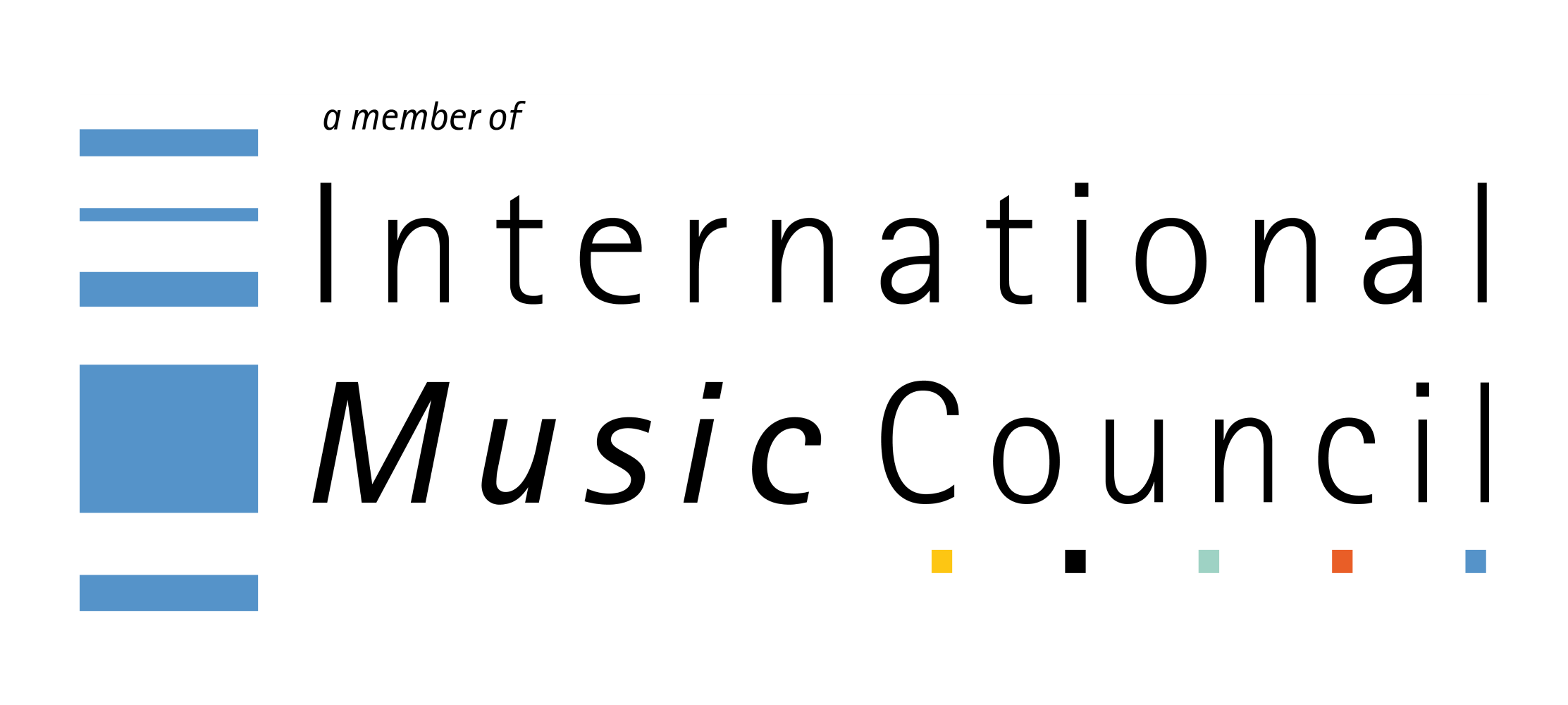2016 Legislative Agenda
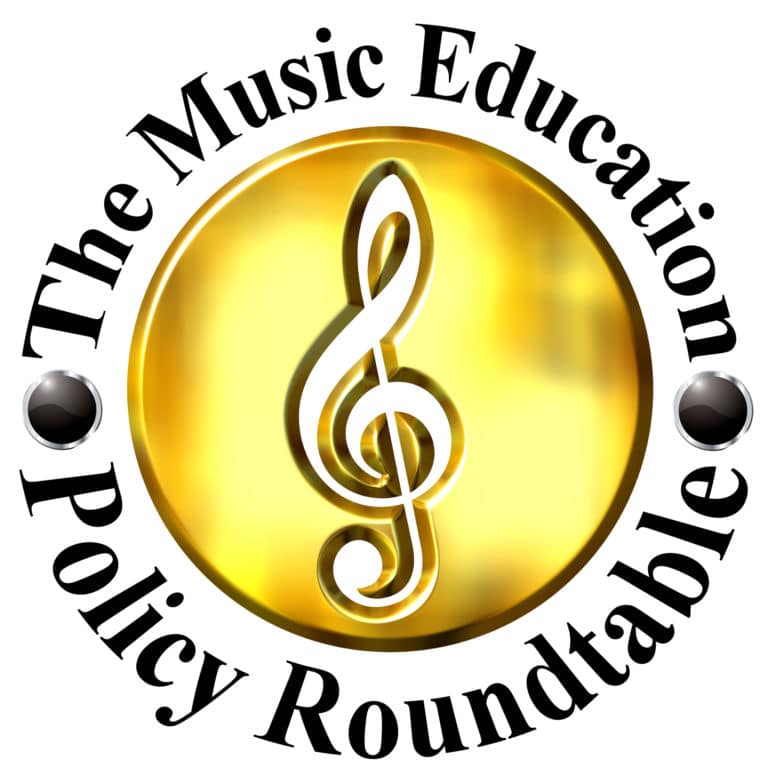
2016 Federal Appropriations Requests
Who We Are:
The National Association for Music Education (NAfME) is among the world’s largest arts education organizations, representing more than 60,000 music educators across the nation. Advocating at the federal, state, and local levels, the Association orchestrates success for millions of students nationwide and has supported music educators at all teaching levels, grades PreK-16, for more than a century.
The Music Education Policy Roundtable (MEPR) is a coalition spearheaded by the National Association for Music Education (NAfME), consisting of organizations such as the National Music Council who advocate for and support music education access for all children. MEPR believes that music education should be taught by certified music educators, delivering sequential, standards-based music education to all students across the nation, regardless of personal circumstance or background.

Overview of 2016 Requests:
With the recent passage and signing of the Every Student Succeeds Act (ESSA), NAfME and MEPR would like to take this time to thank Congress for passing this historic piece of legislation. The legislation’s enumeration of “music” as part of a “Well-Rounded Education” marks an unprecedented step forward for music education. As ESSA implementation gets under way, the most important request that our organizations can make is for Congress to fully fund this legislation. As such, the Roundtable has developed several specific appropriations requests, which we offer for consideration, as funding proposals begin to take shape in the U.S. Senate and House of Representatives regarding the programs authorized within ESSA.
Roundtable Federal Legislative Recommendations:
APPROPRIATE FUNDING FOR ALL ‘WELL-ROUNDED’ PROGRAMS: The inclusion of “music” within the definition of a “Well-Rounded Education” in ESSA provides a significant number of opportunities for supporting access to music education at the state and local levels. The specific enumeration of music in statute further articulates music’s eligibility for Title I, Title II, and Title IV funding. In order to realize the vision of maximizing these new federal resources in support of music education, Congress must do all that it can to prioritize ESSA funding during the upcoming appropriations process. As such, we ask that Congress:
- Support Access to Music Education for the Most Disadvantaged Students by Fully Funding Title I, Part A: Title I, Part A programs, both school-wide and targeted, are now available to provide supplemental funds for a well-rounded education, including music.
| Funding History for Title I to LEAs (in millions) | |||
| FY 2015 | FY 2016 | FY 2017 | President’s Request FY 2017 NAfME Roundtable Request |
| $14,409.80 | $14,909.00 | $15,359.80 | $15,359.80 (Authorized Level) |
Under the new ESSA, the School Improvement Grants (SIG) were eliminated and states are now required to reserve 7 percent of Title I, Part A funds to support school improvement in the place of this elimination. In order to ensure school districts do not see a decrease in Title I, Part A allocations due to this reservation, we ask Congress to fully fund for Title I, Part A at its authorized $15.36 billion level, which is the combined total Title I, Part A and SIG program funding in FY16.
- Support Professional Development for Music Educators by Fully Funding Title I, Part A, Title II, Part A and Title IV, Part A and F: These funds may be used to support professional development for music educators, as part of supporting a “Well-rounded Education.”
- Supporting Effective Instruction, Title II, Part A (formerly, Teacher Quality Program)
| Funding History (in millions) | |||
| FY 2015 | FY 2016 | FY 2017 | President’s Request FY 2017 NAfME Roundtable Request |
| $2,349.83 | $2,349.83 | $2,250.00 | $2,290.00 (Authorized Level) |
- Assistance for Arts Education (formerly, Arts in Education), Title IV, Part F
| Funding History (in millions) | |||
| FY 2015 | FY 2016 | FY 2017 | President’s Request FY 2017 NAfME Roundtable Request |
| $25.00 | $27.00 | $27.00 | $30.00 |
Our music educators deliver an important role in enabling student success. Appropriate funding levels for these programs provide unique federal support for professional development for our educators and bolster the skills development they need to provide a high-quality music education for our nation’s students, part of Congress’ vision of a “Well-Rounded Education.”
- Support Access to Music Education as Part of a Well-Rounded Education by Fully Funding Title IV, Part A:
Under Title IV, Part A of ESSA, the Student Support and Academic Enrichment Grants (SSAEG) provides a new and clear intent to support our nation’s schools through a “Well-Rounded Education.” As such, this new competitive block-grant may be used in part to improve access to music education, and in turn, to support not only student success, but also the promotion of constructive student engagement, problem solving, and conflict resolution. In addition, other funds may be utilized to offer a broad array of enriched educational experiences, such as providing music to underrepresented, disadvantaged, and minority student populations.
- Student Support and Academic Enrichment Grants (SSAEG), Title IV, Part A
| Funding History (in millions) | ||
| ESSA Authorized Level | FY 2017 | President’s Request FY 2017 NAfME Roundtable Request |
| $1,650.00 | $500.00 | $1,650.00 (Authorized Level) |
Despite being the third largest authorized program within ESSA, the President’s FY17 Budget request only recommends $500 million for the grant, less than one-third of its authorized funding level, which Congress agreed upon in a bipartisan manner. By significantly underfunding this program, it undermines the greater flexibility that Congress had intended for states and districts, and would not allow schools to make meaningful investments in critical areas of need, such as school music programs.
td {vertical-align:top;}
td.bot {vertical-align:bottom !important;font-weight:bold;}
table, td, tr {border:1px solid #eee !important;}
